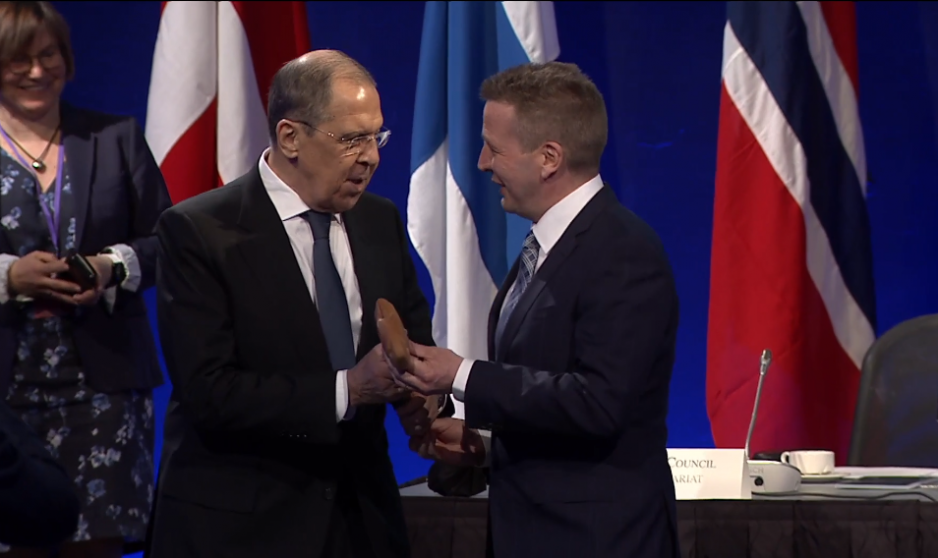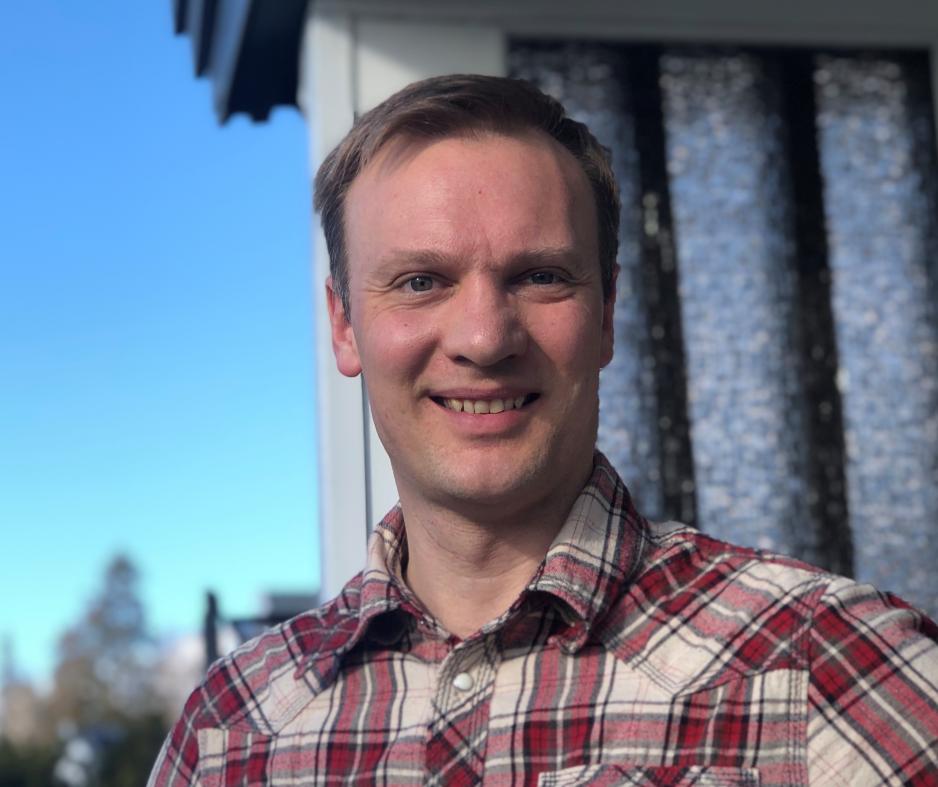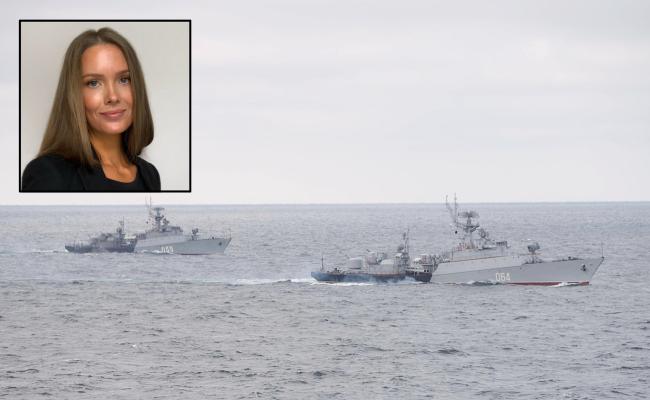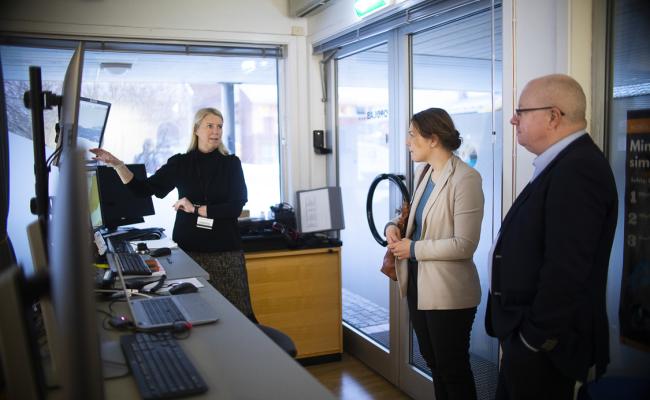The Arctic Council Nominated for the Nobel Peace Prize

Russian Foreign Minister Sergey Lavrov receives the gavel from Iceland’s Foreign Minister Gudlaugur Thór Thórdarson during the Arctic Council Ministerial Meeting in Harpa Concert Hall, Reykjavik, Iceland on 20 May 2021. Four Norwegian MP’s from the Conservatives, the Center Party and the Labor Party argue that the Arctic Council cooperation is exceptional in an international context. (Photo: Arctic Council)
Four MPs from the Norwegian parliament’s delegation for Arctic parliamentary cooperation have nominated the Arctic Council for the Nobel Peace Prize. “We believe this cooperation is exceptional in international politics and demonstrates the need for cooperation and trust between countries in a time where peace is threatened around Ukraine and other regions”, says Bård Ludvig Thorheim (Conservatives).
Four MPs from the Norwegian parliament’s delegation for Arctic parliamentary cooperation have nominated the Arctic Council for the Nobel Peace Prize. The nomination was submitted before the deadline, which was last Monday at 12 noon.
Bård Ludvig Thorheim (Conservatives), Willfred Nordlund (Center Party), Marianne Sivertsen Næss (Labor) and Øystein Mathisen (Labor) are all members of the Norwegian parliament’s delegation for Arctic parliamentary cooperation and represent Northern Norway. They have nominated the Arctic Council because they believe it to be an exceptional cooperation between the eight Arctic states.
“The Arctic Council demonstrates the need for cooperation and trust between countries in a time where peace is threatened around Ukraine and other regions”, Thorheim says to High North News.
Side by side
“The significance of the Arctic Council is illustrated through the Ukraine crisis, where Russia is threatening to commit a violation of public international law through entering Ukraine. Entrenched positions and challenging communication makes the situation worse”, the Conservative politician says.
However, the situation is the opposite in the Arctic Council.
“There, the Arctic States stand side by side and sign agreements about closer cooperation, be it about the Law of the Seas or the continental shelf”, Thorheim says.
Major conflict potential
This despite the High North being rich in resources.
“The Arctic is a region with major conflict potential over large parts of the world’s energy resources. We have seafood supplying large parts of the world, minerals that are strategically important to the development of new industry, and we are the coastal route for the world’s commodity trade. Here, one also finds vibrant, modern societies alongside more traditional communities”, Thorheim says.
“Despite this, one manages to maintain good and close cooperation that is unique in a world context. It is referred to as ‘Arctic exceptionalism’”, Thorheim says.
Positive spillover effect
The MPs hope that the nomination and focus on this good cooperation can contribute to a positive spillover effect into the Ukraine crisis.
“The nomination is a recognition of what the Arctic Council manages to do. Our hope is for a similar cooperation towards Ukraine and Russia”, the MP says.
In a High North News interview, military analyst Jonas Kjellén fears that the crisis can have an opposite effect of that which you describe. That the tension between Russia and in particular Arctic NATO countries will seep in and be detrimental to Arctic cooperation. What are your thoughts on that?
“We absolutely share Kjellén’s worries, though we want to reverse it. We want cooperation to seep further south”, Thorheim says.
No security questions
The Arctic Council was last nominated for the Nobel Peace Prize in 2019. Back then, there was a debate about the Council’s perhaps not making the cut as it is not allowed to discuss security issues.
The Arctic Council is a rotating peace organization and its not discussing security politics is a strength.
Thorheim nevertheless believes it has a chance as the nomination comes from publicly elected politicians.
“The Arctic Council is a rotating peace organization and its not discussing security politics is a strength. It rather focuses on preserving the environment and climate, and people’s living conditions in the High North. This allows the creation of stronger cooperation and for us to have a channel through which we can raise security issues in other contexts if and when necessary”, Bård Ludvig Thorheim says in closing.
Numbers ready in March
A total of 329 candidates for the Nobel Peace Prize were nominated in 2021, 234 out of which were persons and 95 were interest organizations. On Monday, the Nobel Committee’s secretary Olav Njølstad was not able to say how many nominations there are this year, according to NTB.
“Nor do we publish figures until after the first committee meeting, which will take place on 4 March”, said Njølstad. He is also Director of the Nobel Institute.
NATO on the list
329 candidates represented a small increase from the year before with its 317 candidates, and it is the third-highest number of registered candidates ever. The record so far came in 2016, when 376 candidates were nominated.
Who actually nominates and who the nominees are for the Nobel Peace Prize is a secret for 50 years. The Nobel Committee’s decision will normally be ready on the final committee meeting prior to the announcement of the prize early October.
The list of this year’s nominees will not be published, according to the Nobel Peace Prize organisation, however, some nominees are nevertheless known. Amongst others, Progress Party politician Erled Wiborg has, this year just like last year, nominated NATO.
Last year’s peace prize was awarded to the journalists Maria Ressa and Dmitry Muratov, who fight for freedom of speech in their respective home countries, the Philippines and Russia.
Also read
This article was originally published in Norwegian and has been translated by HNN's Elisabeth Bergquist.




